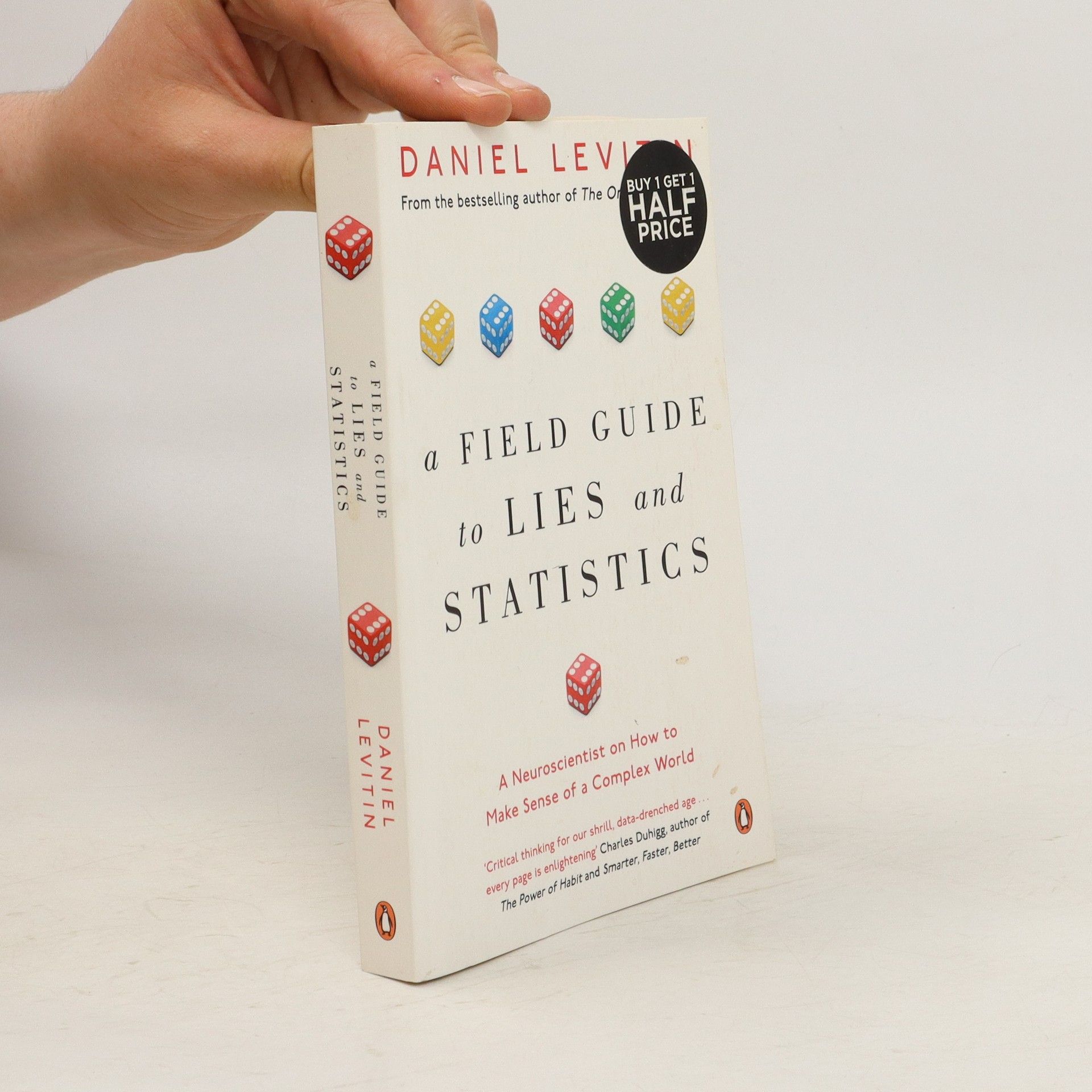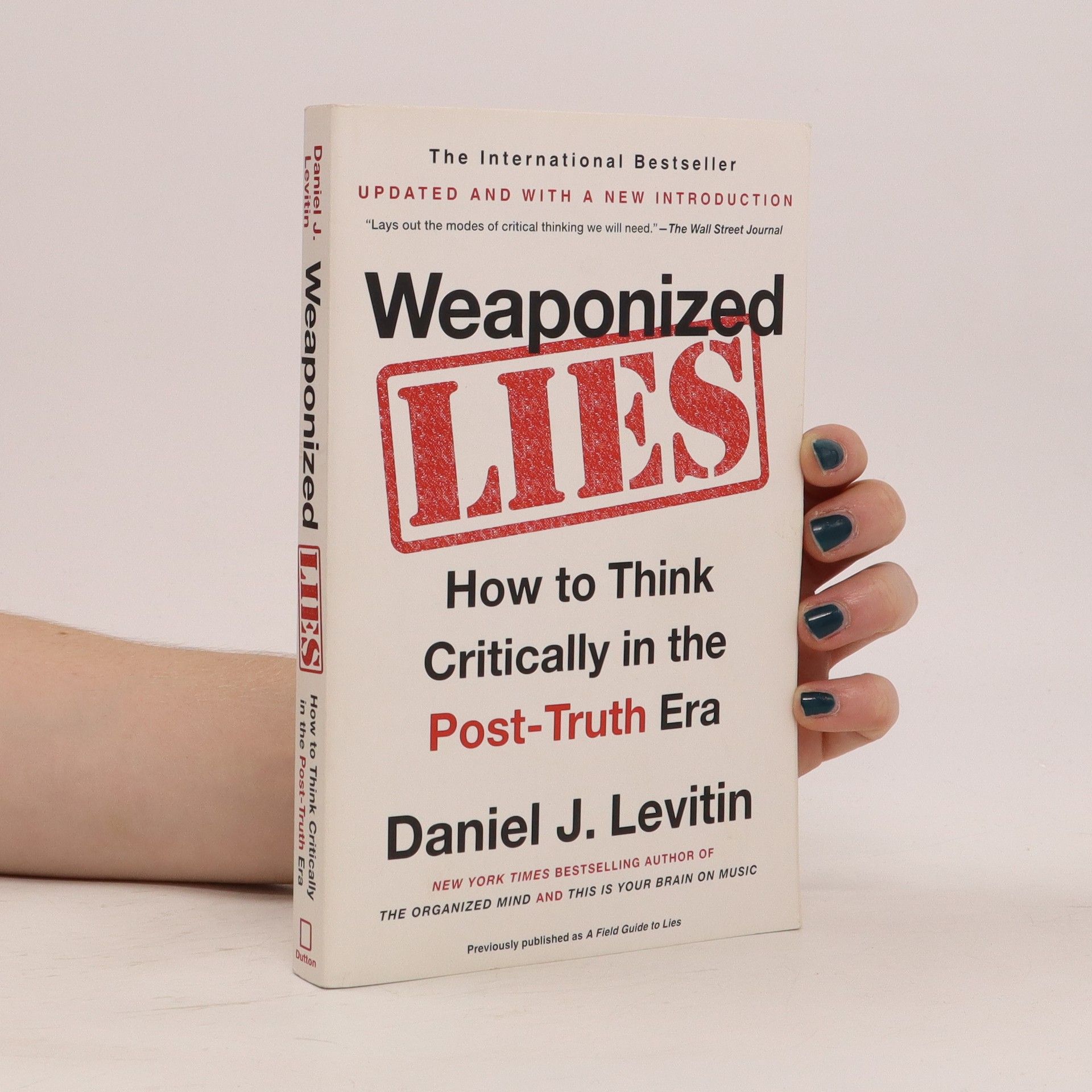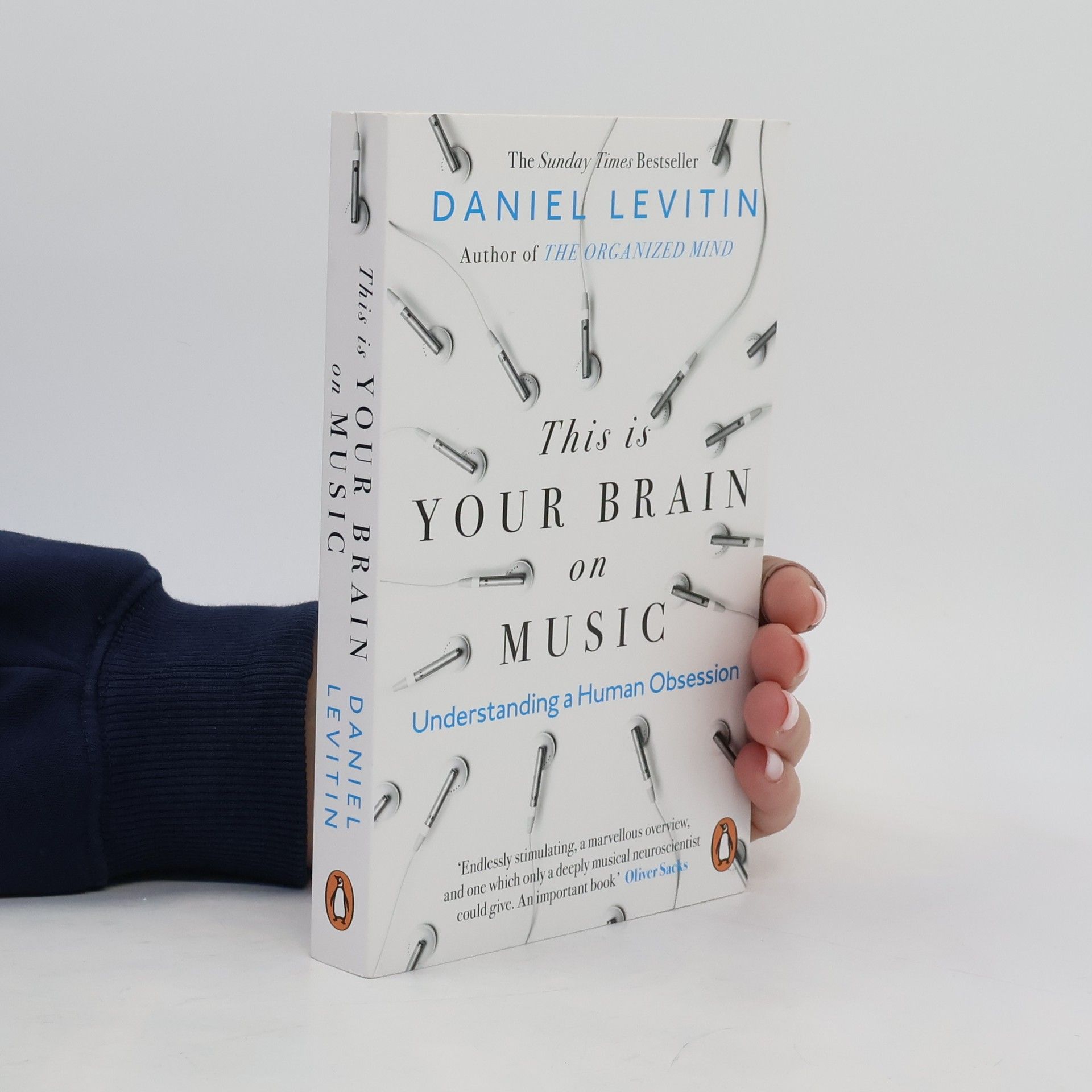Kann man das Wesen der Menschheit anhand von sechs Songs erklären? Der Hirnforscher und Rockmusiker Daniel Levitin führt uns zum Beweis seiner gewagten These äußerst kurzweilig durch die Geschichte der Menschheit, angereichert mit den neuesten Erkenntnissen der Neurowissenschaft und mit jeder Menge Anekdoten aus seinem Leben und dem befreundeter Musiker wie Sting oder Joni Mitchell. Denn nicht nur die Sprache ist es, die uns von anderen Spezies unterscheidet, sondern in noch viel größerem Maß unsere Musikalität. Mit Liedern besiegeln die Menschen seit Urzeiten Freundschaft, sie erzeugen Freude, spenden Trost, geben Wissen und religiöse Rituale weiter und besingen die Liebe. Ob Levitin Songs von den Beatles, Bob Dylan oder Ray Charles anführt: Man hat die Melodie sofort im Ohr. Denn keine andere Kunst erreicht den Menschen so unmittelbar wie die Musik.
Daniel Levitin Bücher
Daniel J. Levitin ist ein Neurowissenschaftler und Musikwissenschaftler, dessen Arbeit die komplexe Beziehung zwischen Musik, Gehirn und menschlicher Wahrnehmung erforscht. Mit seinem umfangreichen Hintergrund als Musiker und Toningenieur bringt er eine einzigartige Perspektive in seine Forschung ein, die künstlerische Praxis mit wissenschaftlicher Untersuchung verbindet. Levitin befasst sich damit, wie das Gehirn Musik verarbeitet und darauf reagiert, und deckt die tiefgreifenden kognitiven und emotionalen Prozesse auf, die Musik auslöst. Seine Schriften über die Psychologie der Musik und des Erkennens sind sowohl zugänglich als auch fesselnd und bieten den Lesern ein tieferes Verständnis der Rolle, die Musik in unserem Leben spielt.
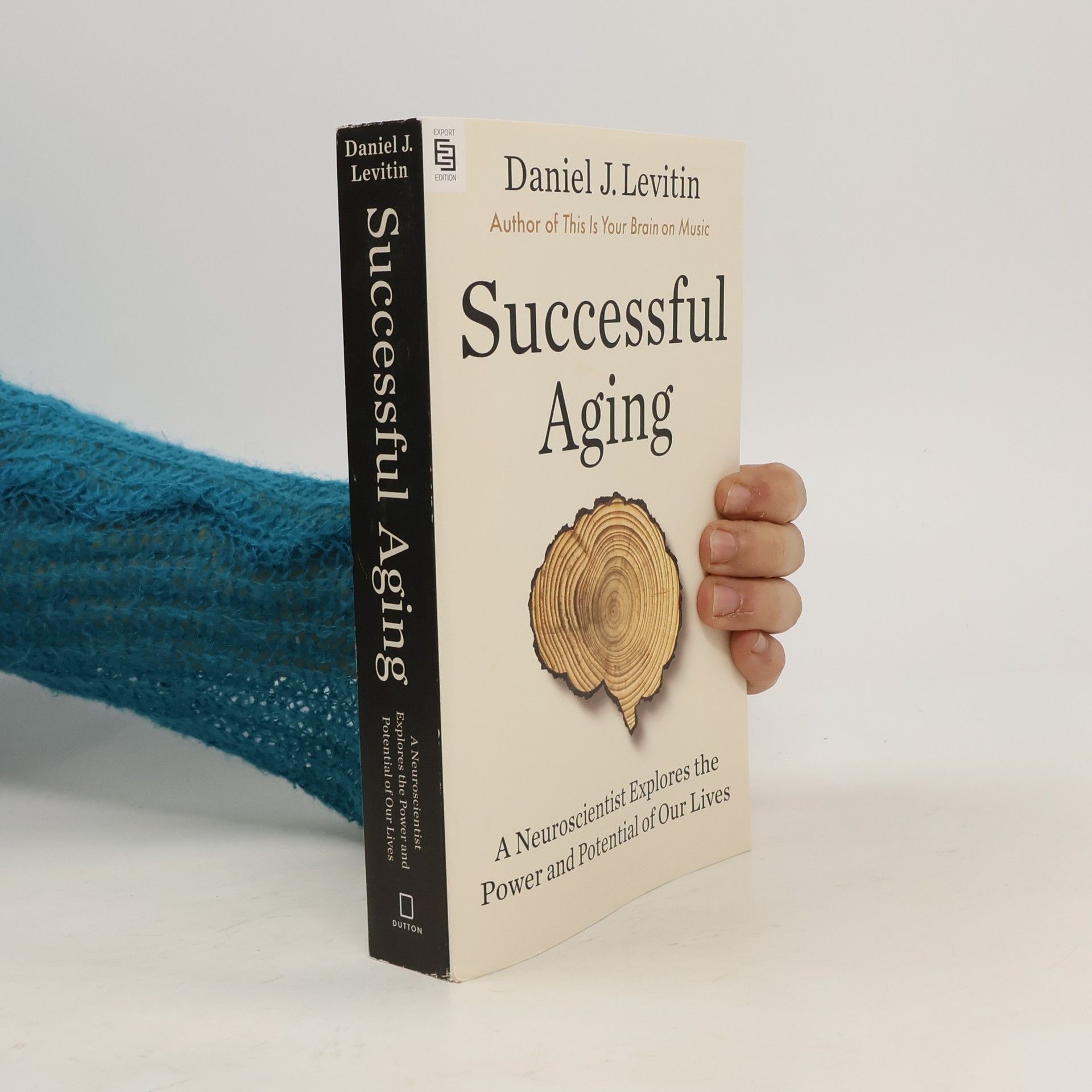
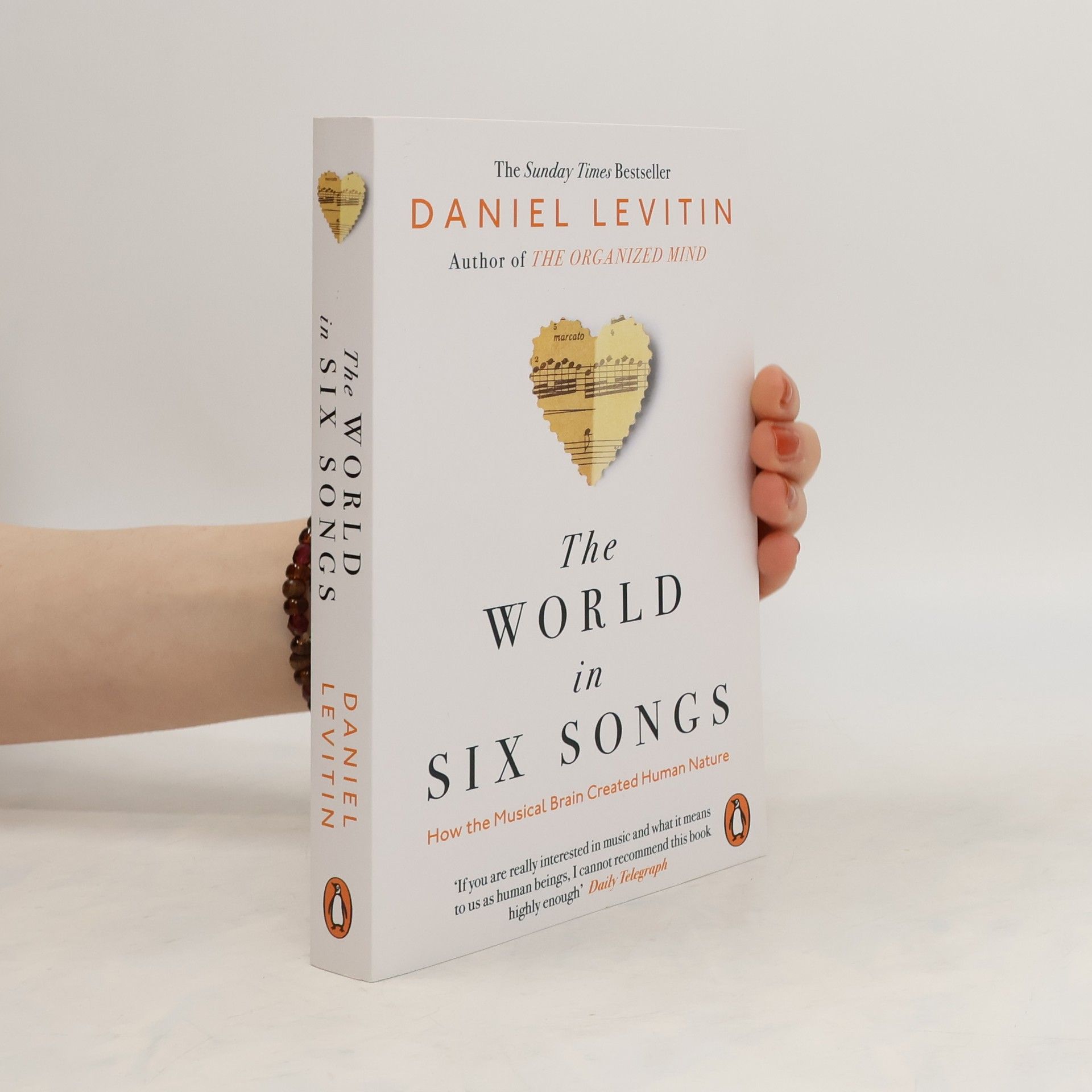




Der Musik-Instinkt
- 427 Seiten
- 15 Lesestunden
Musik wirkt auf unsere Gehirnzellen wie eine Droge, die uns mitreißt, Glücksgefühle beschert oder melancholisch macht. Doch was macht Musik so mächtig? Daniel Levitin, der als Neurowissenschaftler und erfolgreicher Musikproduzent agiert, erforscht die komplexen Beziehungen zwischen Musik, Emotionen, Gehirn und Geist. Sein Werk bietet einen faszinierenden Überblick über die Verbindung zwischen kognitiver Psychologie und Musik, die oft schwer fassbar bleibt und viele Fragen aufwirft. Trotz des Mangels an einfachen Antworten ist die Entdeckungsreise spannend, besonders mit einem Autor, der sowohl musikalisch talentiert als auch ein leidenschaftlicher Forscher ist. Levitin zeigt, dass die Faszination für Musik universell ist und für Musiker, Psychologen sowie Musikliebhaber von Bedeutung ist. Die englische Originalausgabe stand ein Jahr lang auf der New York Times-Bestsellerliste und ist ein Muss für alle, die verstehen möchten, was mit uns geschieht, wenn wir Musik hören.
Kritisch denken im Zeitalter der Lügen
Fake News, Halbwahrheiten und Pseudo-Fakten entlarven
Wir leben in einer Welt der Informationsüberflutung, in der die Grenze zwischen Wahrheit und »alternativen« Fakten und halbseidenen Theorien mehr und mehr verschwimmt. Mehr noch, Fake News werden gerade über Social Media gezielt platziert und eingesetzt, um Menschen zu beeinflussen. Doch wie kann man sich heute noch verlässlich informieren, wenn jeder per Klick zum »Experten« werden kann? Wie entkommt man den Filterblasen und entlarvt Falschmeldungen? Bestsellerautor und Neurowissenschaftler Daniel Levitin zeigt, wie Fakten, Statistiken und Aussagen geprüft werden können. Das perfekte Buch für alle, die einen besseren Durchblick haben wollen.
In this ground-breaking book, Dr Daniel Levitin uses cutting-edge research from neuroscience and psychology to demonstrate the importance of the stage that follows the middle-age. Packed with engaging interviews with successful, creative individuals far beyond the conventional age of 'retirement', this book also reflects on challenges many…
The World in Six Songs : How the Musical Brain Created Human Nature
- 368 Seiten
- 13 Lesestunden
Dividing the sum total of human musical achievement, from Beethoven to The Beatles, Busta Rhymes to Bach, into just six fundamental forms, Levitin illuminates, through songs of friendship, joy, comfort, knowledge, religion and love, how music has been instrumental in the evolution of language, thought and culture. And how, far from being a bit of a song and dance, music is at the core of what it means to be human. A one-time record producer, now a leading neuroscientist, Levitin has composed a catchy and startlingly ambitious narrative that weaves together Darwin and Dionne Warwick, memoir and biology, anthropology and a jukebox of anecdote to create nothing less than the ' soundtrack of civilisation' .
Recent studies show that our decision-making skills improve as we age, and that our happiness levels peak at age eighty-two. Levitin examines the neuroscientific evidence to challenge many of the beliefs that surround aging. He provides realistic plans for how you can make the most of your seventies, eighties, and nineties today-- no matter how old you are now. -- adapted from jacket
A Field Guide to Lies and Statistics
- 304 Seiten
- 11 Lesestunden
A guide to critical thinking in the 'post-truth' era, from the author of Sunday Times best-seller The Organized Mind We live in a world of information overload. Facts and figures on absolutely everything are at our fingertips, but are too often biased, distorted, or outright lies. From unemployment figures to voting polls, IQ tests to divorce rates, we're bombarded by seemingly plausible statistics on how people live and what they think. Daniel Levitin teaches us how to effectively ask ourselves: can we really know that? And how do they know that? In this eye-opening, accessible guide filled with fascinating examples and practical takeaways, acclaimed neuroscientist Daniel Levitin shows us how learning to understand statistics will enable you to make better, smarter judgements on the world around you.
"It's raining bad data, half-truths, and fake news out there - and some of this nonsense is having devastation consequences. Daniel J. Levitin shows how corporate and government reports, statistics, and news stories can mislead, and reveals the way lying weasels use them. What makes lies dangerous is the certainty with which people are prone to believe them. Here is how to fix that."--Page [4] of cover
The Organized Mind
- 496 Seiten
- 18 Lesestunden
The information age is drowning us in an unprecedented deluge of data. At the same time, we’re expected to make more—and faster—decisions about our lives than ever before. No wonder, then, that the average person reports frequently losing car keys or reading glasses, missing appointments, and feeling worn out by the effort required just to keep up. But somehow some people become quite accomplished at managing information flow. In The Organized Mind, Daniel J. Levitin, Ph.D., uses the latest brain science to demonstrate how those people excel—and how readers can use these methods to regain a sense of mastery over the way they organize their homes, workplaces, and lives. With lively, entertaining chapters on everything from the kitchen junk drawer to health care to gambling in Las Vegas, Levitin reveals how new research into the cognitive neuroscience of attention and memory can be applied to daily life. His practical suggestions call for relatively minor changes that require little effort but will have remarkable long-term benefits for mental and physical health, productivity, and creativity. This Is Your Brain on Music showed us how to better play and appreciate music through an understanding of how the brain works. The Organized Mind shows us how to navigate the churning flow of information in our daily lives with the same neuroscientific perspective.
This is Your Brain on Music
- 336 Seiten
- 12 Lesestunden
Using musical examples from Bach to the Beatles, Levitin reveals the role of music in human evolution, shows how our musical preferences begin to form even before we are born and explains why music can offer such an emotional experience. Music is an obsession at the heart of human nature, even more fundamental to our species than language. In This Is Your Brain On Music Levitin offers nothing less than a new way to understand it, and its role in human life
